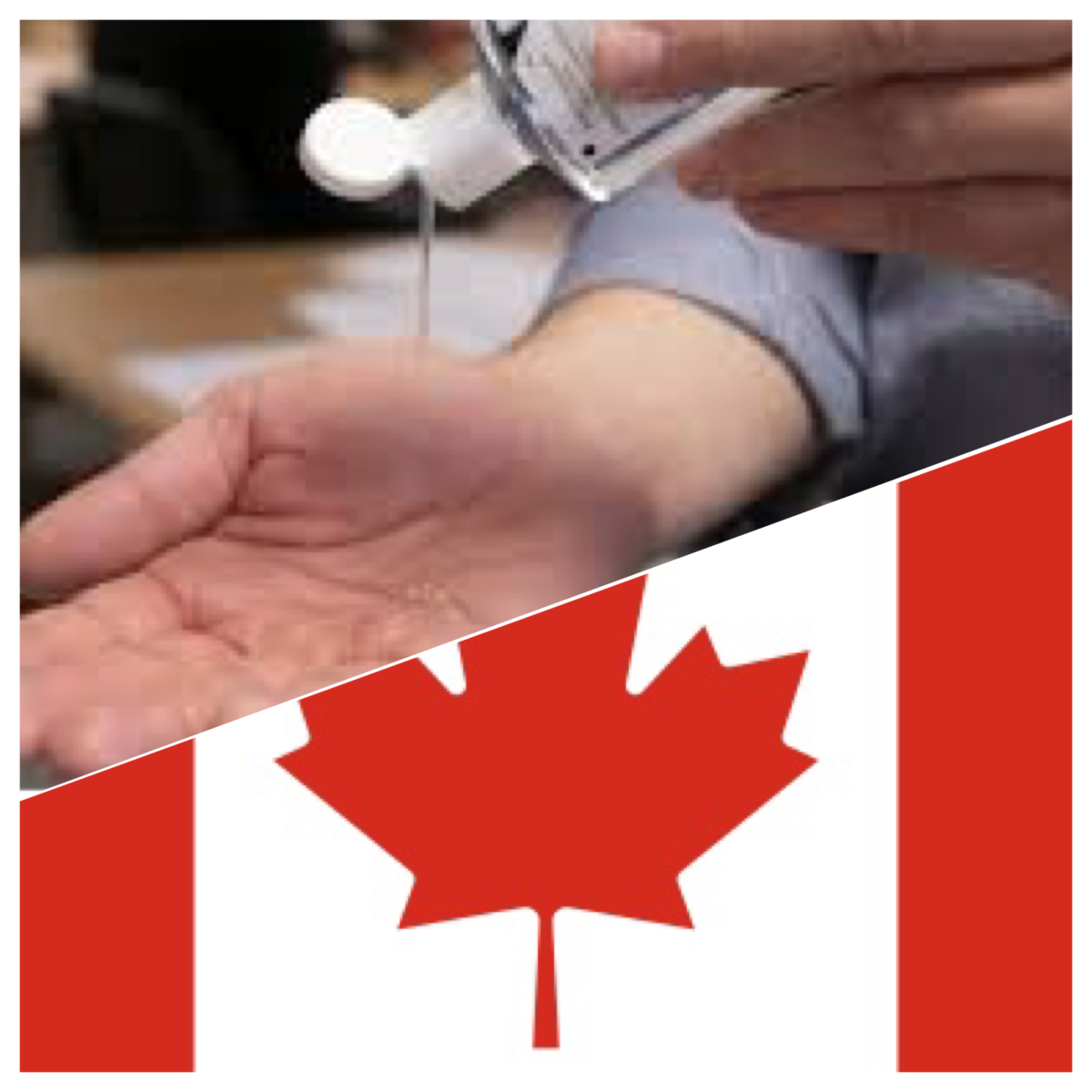In an effort to bring Canadians together to support local restaurants and bars during this difficult time, Stella Artois announced today “Rally for Restaurants,” a gift card program that provides local establishments with immediate financial relief.
Stella Artois is rolling out “Rally for Restaurants” a global initiative in 10 different countries. It is open to all bars and restaurants across Canada in an effort to stimulate the industry. The program encourages Canadians to buy a gift card that they can use at their local favourites upon re-opening, or to use now for takeout. As an added incentive, Stella Artois will add an additional $10 to the value of every gift card purchased which will go directly to restaurants, bars and pubs.
“Local restaurants and bars are the heart of communities and a much-loved part of our social lives,” says Todd Allen, VP of Marketing at Labatt Breweries of Canada. “Many of these establishments have had to close down during the COVID-19 emergency, while others are trying to get by on take-out. It’s an extremely challenging period and we want to offer as much support as possible.”
How it works – Restaurants sign up to be part of the program at www.rallyforrestaurants.ca
• A consumer purchases a gift card for a local restaurant, bar or pub $25/$50
• Stella Artois adds an additional $10 to the value of the gift card
• The establishment immediately gets the money
Through the initiative, Stella Artois is aiming to empower Canadians to get involved and help support their local restaurant during a difficult time and as part of that, Stella Artois will donate $250,000 to participating restaurants, pubs and bars in a joint effort to help preserve the future of the industry.
“We’re hoping that Rally for Restaurants will not only help restaurants and bars in the immediate term but will also help safeguard the future of the industry and inspire Canadians to join our efforts by purchasing gift cards over the weeks to come. We hope that all Canadians across the country unite to champion their favourite ‘local’ and help secure the future of the hospitality industry,” says Allen.
For more information to sign up or purchase a gift card, visit www.rallyforrestaurants.ca.
Visit www.stellaartois.com





